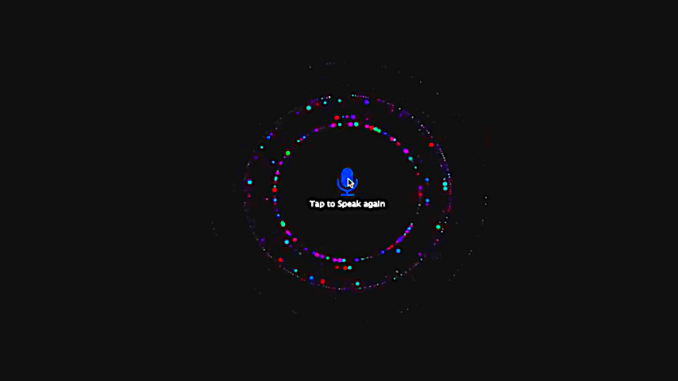
Canada-based legal bot developer, Tom Martin, has created an experimental divorce bot that you can talk to (see video below), named Larissa.
Martin, who has a legal background and previously created bot applications branded as LawDroid, has now changed course and reshaped his legal tech business into a bot development company for all, helping lawyers to create speaking and text-based bots for internal or client-facing needs, as well as seeking to work with legal aid and access to justice groups to provide them with this technology.
In this case, Larissa is designed to allow a member of the public to ask a range of questions about divorce. For example: ‘What is the difference between divorce and separation?’ It can also provide help on how the divorce process works and what a couple can expect in terms of timelines. In short, it acts as a first port of call to people about to engage with a legal process.
To help enrich the conversation with Larissa there is also a text interface that provides useful information, and what one might call a ‘serving suggestion’ of topics any member of the public might want to consider.
This helps enormously, as the main challenge with legal bots is that the user may not know what to ask, while the bot itself has to be very narrowly programmed to handle only a few possible responses/questions. By encouraging a person to ask certain questions the bot can ‘stay on track’ and deliver value to the user.
However, Martin is keen to stress this is not a ‘robot lawyer’ and it’s not giving legal advice.
‘Larissa is just an experiment to show that it’s possible,’ he explains and adds that there has been interest from legal aid agencies in the US for this type of ‘speaking legal bot’ that can help potential recipients of financial support.
Martin also noted that that key to a good legal bot is not drowning the user in legalese. He also pointed out that off-the-shelf intelligent voice assistants generally have very high levels of natural language processing (NLP) and can understand several versions of a similar question. In part this is because such systems, e.g. Alexa, have been used millions of times and the NLP on tap is well developed already.
5 Trackbacks / Pingbacks
Comments are closed.